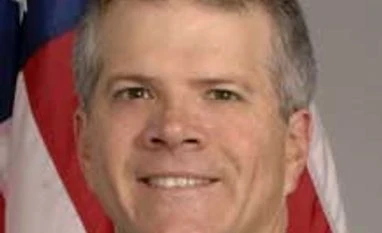He also suggested that the Kelkar committee report be implemented as US companies and investors from around the world need markets with clear public-private partnership structures, predictable regulatory environments, and strong intellectual property protections.
Speaking at the interactive session on Smart Cities with various stake holders, Andrews said the two-way trade has tripled in the past decade. American exports to India reached $37.2 billion in 2014, while imports totalled $65.7 billion. His message to the government was to do everything it can to make the market the most attractive investment destination. “Put simply: in the fight for capital, you need to make it easier to do business if you’re going to compete with other markets – markets without local content requirements or with easier financing structures, for example,” he added.
More From This Section
According to Andrews, there are great companies offering technology or services to make cities smarter – but they cost money. He noted billions of dollars were waiting to be invested in climate-friendly solutions. “Attracting this money is a competition. The question is whether India can beat the rest of the world.”
Similarly, US Trade and Development Agency (USTDA) director Lee Zak said US investors are here for the long term.
“There has been discussion at a government-to-government level... The real focus in on business and the platform is provided to address the concerns raised from both the sides. There is also a CEO Forum to talk about issues.”
According to Zak, the US supports the development Vizag, Allahabad and Ajmer as smart cities. She added USTDA had sponsored around 130 priority projects in India, which led to sustainable development infrastructure. That was possible through the export of US goods, services, technologies amounting to $3 billion, she noted.
)